Humans
Sign up for our newsletter
We summarize the week's scientific breakthroughs every Thursday.
-
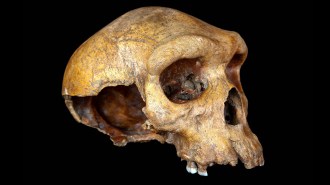 Anthropology
AnthropologyThis 300,000-year-old skull may be from an African ‘ghost’ population
The age of the mysterious Broken Hill fossil suggests it came from a hominid that lived around the same time as both Homo sapiens and H. naledi.
By Bruce Bower -
 Animals
AnimalsA cat appears to have caught the coronavirus, but it’s complicated
While a cat in Belgium seems to be the first feline infected with SARS-CoV-2, it’s still unclear how susceptible pets are to the disease.
-
 Health & Medicine
Health & MedicineSocial distancing comes with psychological fallout
Keeping people apart can help slow the new coronavirus’ spread. But such social distancing may cause or worsen mental health problems.
By Sujata Gupta -
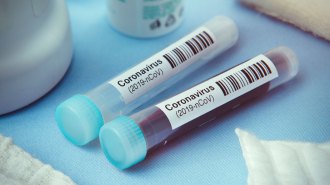 Health & Medicine
Health & MedicineHow antibody tests work and could help fight the coronavirus
Coronavirus antibody tests look for signs in the blood that someone has had an infection and recovered, and could take only a finger prick.
By Dawn Fallik -
 Health & Medicine
Health & MedicineFace mask shortages have sparked creative solutions. Will they work?
Homemade masks, reusing masks and even scuba gear are some of the ideas for dealing with health care workers’ lack of supplies during the COVID-19 pandemic.
-
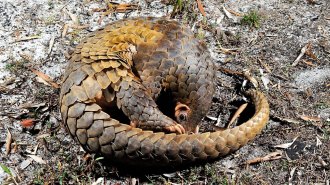 Health & Medicine
Health & MedicineThere’s no evidence the coronavirus jumped from pangolins to people
Pangolins captured in anti-smuggling activities in southern China were found to harbor viruses related to the new coronavirus.
-
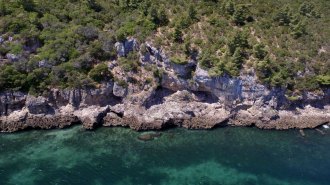 Archaeology
ArchaeologyNeandertals’ extensive seafood menu rivals that of ancient humans
Finds from a coastal cave in Portugal reveal repeated ocean foraging for this European hominid.
By Bruce Bower -
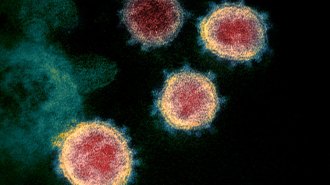 Genetics
GeneticsNo, the coronavirus wasn’t made in a lab. A genetic analysis shows it’s from nature
Scientists took conspiracy theories seriously and analyzed the coronavirus to reveal its natural origins.
-
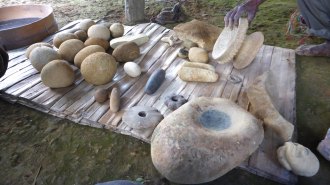 Archaeology
ArchaeologyNew Guinea’s Neolithic period may have started without outside help
Islanders on New Guinea experienced cultural changes sparked by farming about 1,000 years before Southeast Asians arrived, a study suggests.
By Bruce Bower -
 Health & Medicine
Health & MedicineYou can help fight the coronavirus. All you need is a computer
With Folding@home, people can donate computing time on their home computers to the search for a chemical Achilles’ heel in the coronavirus.
-
 Health & Medicine
Health & MedicineWhen will the coronavirus pandemic and social distancing end?
Social distancing may have to continue for months to prevent a resurgence of COVID-19. Wider testing and isolation of cases could ease such measures.
-
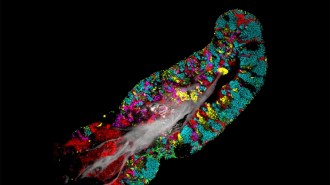 Health & Medicine
Health & MedicineHere’s where bacteria live on your tongue cells
Scientists labeled bacteria from tongue scrapings with fluorescent probes to glimpse at how the microbes structure their communities.